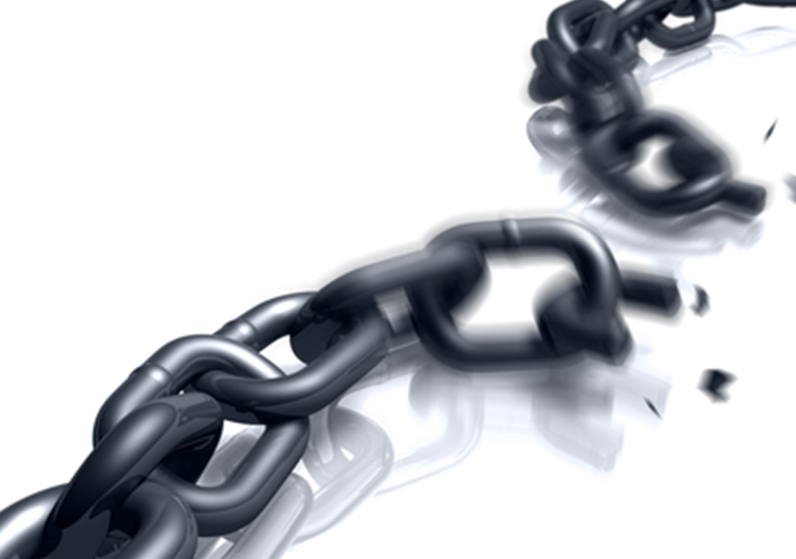As an avid traveller, volunteer and eventually paid difference maker it was striking to me some of the comments I received after returning from a paid management consulting project in Rwanda, Africa. The perception of how much I’d really ‘given’ was diluted by the fact that I had been paid. To a few people, me being paid just made me a Capitalist and I automatically was thrown off the pedestal that we so often look up to of ‘Martyred Humanitarian’.
The Martyred Humanitarian
But that’s the problem, isn’t it? Humanitarians who are ultimately martyring themselves with long hours, exhausting travel, complicated world problems, and extremely low income eventually burn out. The non-profit model of give, give, give and it’s bad to receive is out-of-date and no longer works. We’re slowing down the impact that many of these organizations could have by not allowing them to have money.
We have BIG problems in this world and many people feel deeply drawn to be part of the solutions. By allowing a more ‘capitalistic’ presence into our humanitarian organizations, by allowing them the overhead they need to generate profit, THEN we have a chance at really solving some of the world’s problems. It’s one reason why the Gates Foundation has been so successful with polio. They have money.
It goes to the heart of doing what we love
But it extends further than this. I see this all the time when I’m working with people. We’ve polarized our professional possibilities. This exact same issue shows up every time I have a woman or man sitting across from me, or an audience member sharing with frustration and deep sadness that they have no idea how to marry doing what they love with doing what they’re paid well for. We’re unconsciously shackled by the insidious belief that ‘doing good’ means not accepting money. Thousands of people have settled for that dull ache of doing what matters to them during their weekends or evenings. And the other 40-80 hours a week are spent pretending that this is ‘Normal’ and squelching the deeper knowing that something isn’t quite right and that some part of us knows better.
Breaking out of the shackles
There is a place where ‘doing what I love’ and ‘supporting the life I want to live’ meet. It does exist. Our minds are no where near creative enough to figure out what that looks like without the help of our hearths, intuition, and research. Yes, research. We have to go looking in new places if we want to find new things.
But it takes courage to change.
How we find courage
Thankfully, we all have much much more of that than we’re aware of when sitting in our bedrooms at night, alone, wondering what the heck to do about the sadness, helplessness, emptiness and maybe confusion we feel. That’s why when we sit together we have more courage, more power and more clarity. That’s why I do the work I do – to help people see what’s really possible.
Not being able to shake off any deeply engrained lie on your own makes you human and normal.
Becoming aware of the lie and doing nothing, leaves you heading towards regret because some part of all of us knows when we’ve bought into a lie.
Every time someone says “I know there’s more for me, and I’m going to figure out what it is” and takes those steps they change what’s possible for not only themselves – but also others. Most of us need to see people doing it differently and succeeding.
Support charity workers getting paid well so that they can do their best work; and embrace with your whole heart that you can get paid to do work that you love. Sometimes it’s simply a matter of being willing to think differently. That in and of itself can be humanitarian.
*Post inspired by Dan Pallotta’s TED talk: The Way We Think About Charity Is Dead Wrong



Recent Comments